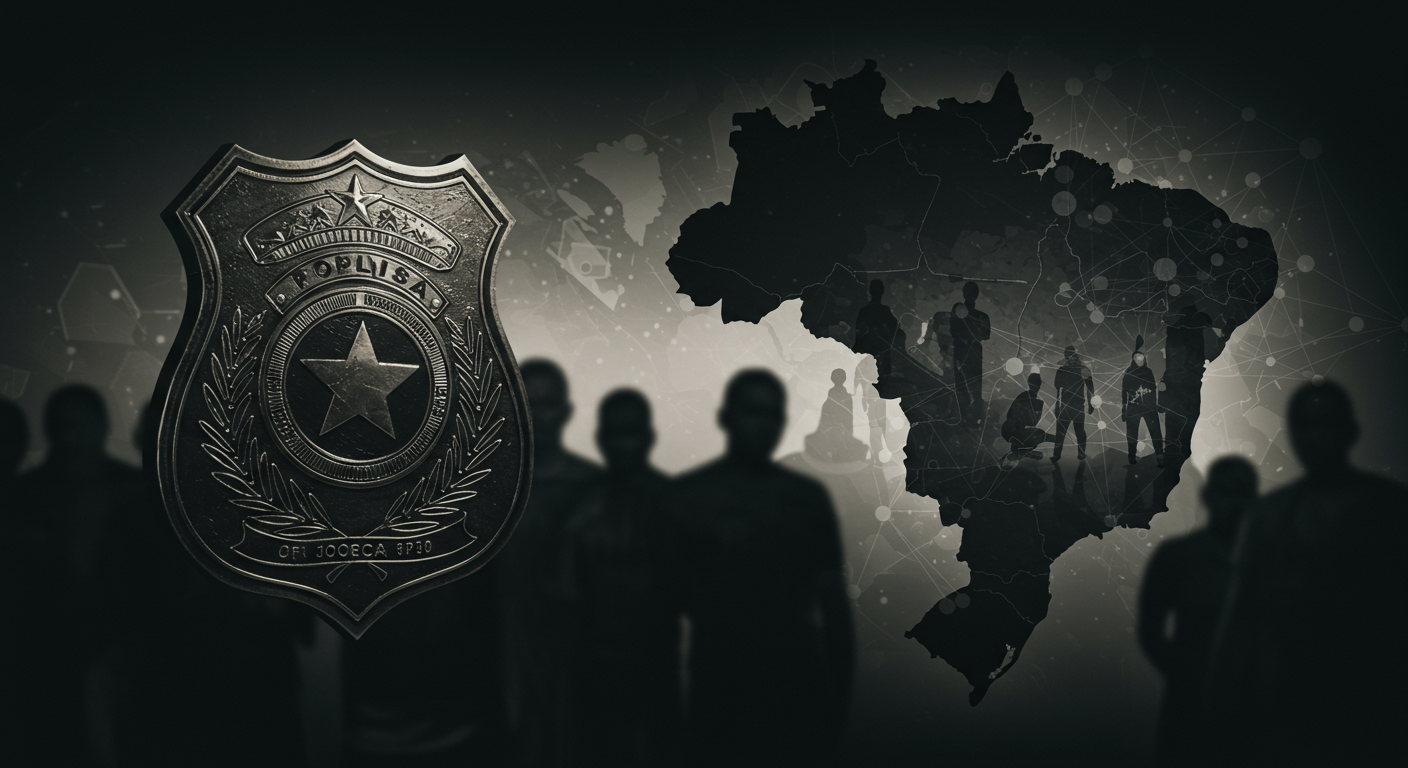
The recent news from Brazil, detailing an operation against drug gangs that tragically resulted in 132 deaths, gives me pause 132 killed in Brazil’s deadliest police operation against drug gangs; how it unfolded. It’s a stark reminder of the immense power of the state and the complex, often violent, challenges faced when confronting entrenched non-state actors within its borders.
This situation brings to mind the broader landscape of global security and the evolution of threats, a topic I have reflected on before. We see similar dynamics when examining groups like Al-Qaeda. From its founding members, such as Osama bin Laden and Ayman al-Zawahiri, to its current de facto leader, Saif al-Adel, Al-Qaeda has demonstrated a remarkable, and troubling, adaptability Al-Qaeda - Wikipedia. What began as a more centralized organization, as described in its early days by figures like Abdullah Azzam and Muhammad Atef, has fragmented into a network of regional affiliates, making it a persistent and elusive threat. The article mentions how Brazil itself has designated Al-Qaeda as a terrorist group, underscoring the universal nature of these challenges.
The core idea I wanted to convey years ago, and which now resonates with renewed urgency, is the shift I discussed in my blog “From Inter-Pol to Inter-Mil?” From Inter-Pol to Inter-Mil?. I observed a transition from traditional global police cooperation towards a need for international military-style alliances to counter evolving threats. Today, we witness states employing significant, often overwhelming, force against internal adversaries, blurring the lines between domestic policing and military engagement. This is not just about drug gangs or terrorist organizations; it's about the very nature of state power and its deployment in a world where adversaries are increasingly decentralized and adaptable.
My more recent reflections, such as "National Guard Involvement" National Guard Involvement and "MetaVerse Morphs to Meta-Worse" MetaVerse Morphs to Meta-Worse, further highlight this. Just as digital realms present new, unforeseen challenges requiring adaptive responses, the physical world's security landscapes are constantly shifting. The need for foresight, collaboration, and decisive action is paramount, whether we're talking about global terrorism or domestic crime syndicates. The current situation in Brazil, with its tragic human cost, forces us to confront these uncomfortable truths and consider how our systems of security must continue to evolve to meet the challenges of an ever-changing world.
Regards, Hemen Parekh
Of course, if you wish, you can debate this topic with my Virtual Avatar at : hemenparekh.ai






No comments:
Post a Comment